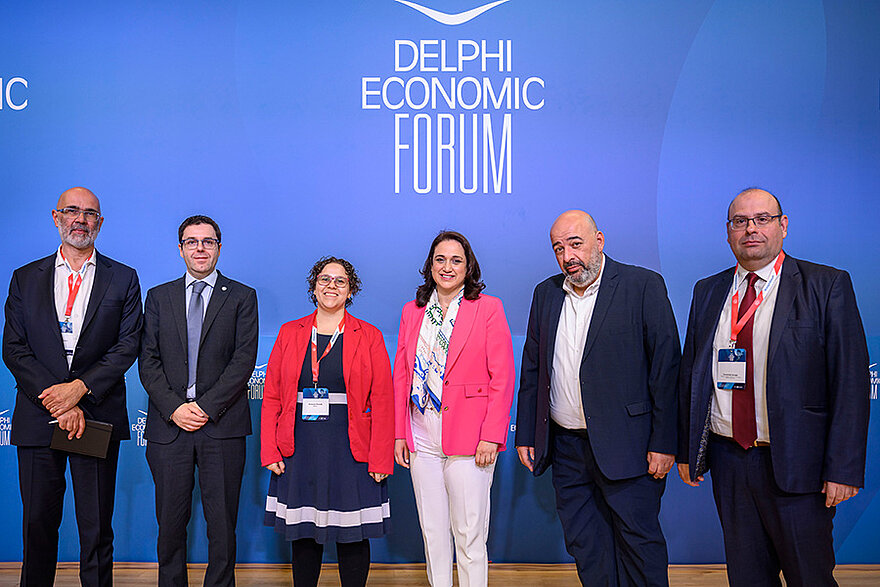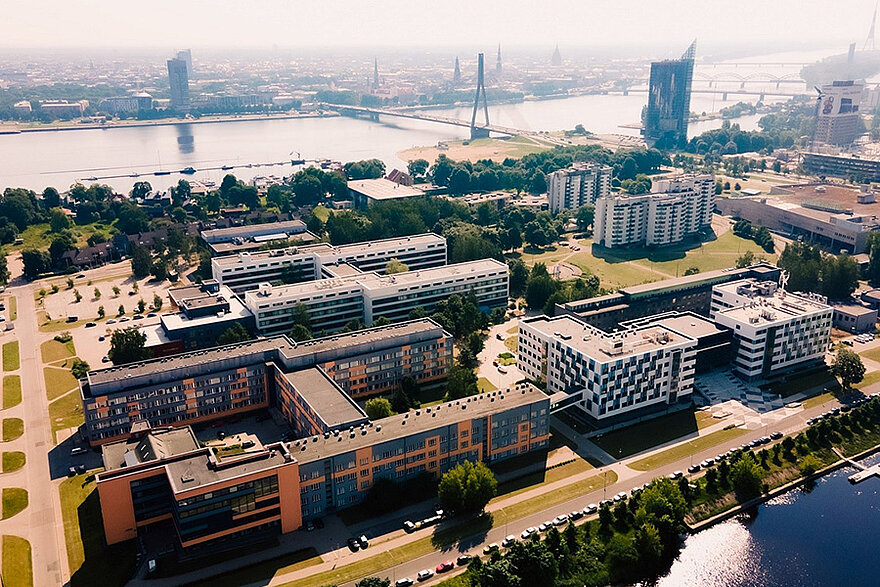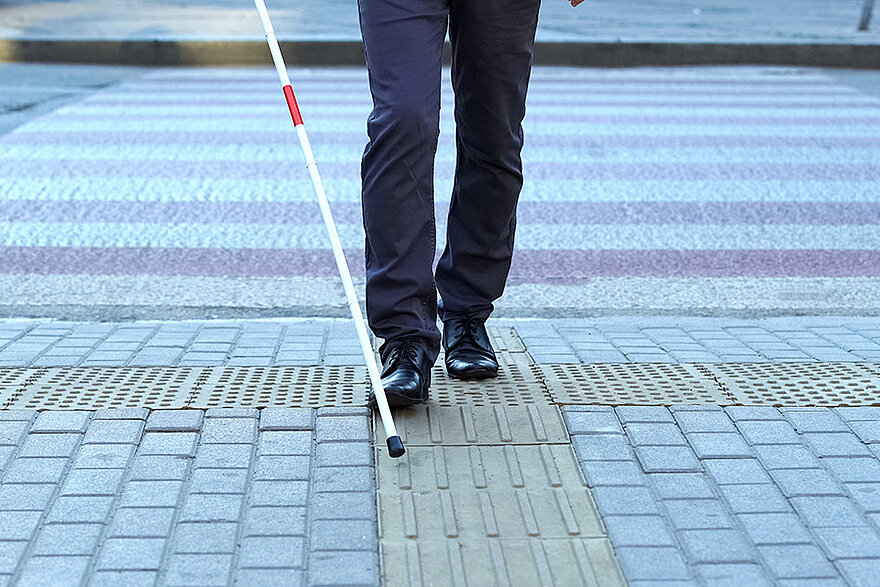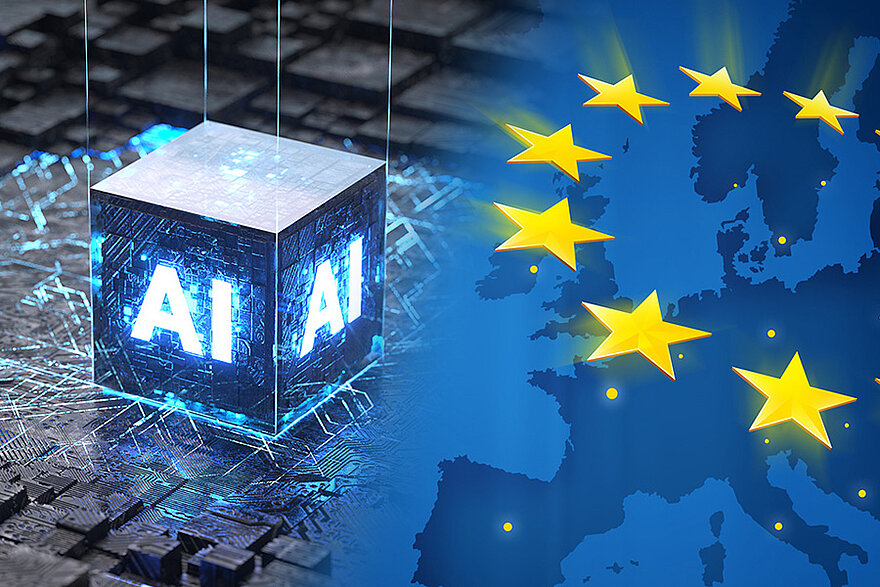The EIT Awards were announced in Brussels on February 21 as part of the first Entrepreneurship Summit, organised by EIT and Science Business.
"I am very proud on the really innovative and diverse start-ups we brought to the competition", says EIT ICT Labs CEO Willem Jonker. "Each of them a worthy candidate and well presenting. I congratulate Trifense winning the first EIT Entrepreneurship Award."
The finalists in short:
 Trifense.
Trifense.
The company is a spin-out from the Technical University of Berlin. The business concept is to develop defense technology driven by innovation, integrity and intelligence. Trifense’s self-learning technology allows models of “normality” to be learnt through incoming data known as network packet payloads. In this way, any deviation from the models can be detected and unknown cyber-threats entangled with the payloads can be recognised.
The main difference between this and more traditional technology is that Trifense does not rely on any kind of pre-written description of the attack to spot the trouble coming. Protecting a company or organisation against known cyber-security threats is one thing - protecting them against unknown cyber-threats is quite another.
 Blaast
Blaast
Smartphones are too expensive for emerging markets but the business concept of Blaast is to bring mobile apps and a smartphone user experience to the next billion people. Blaast is working together with mobile network operators in creating a unique subscription based app store offering, which offers developers recurring revenues in addition to huge subscriber bases.
Blaast provides users with a robust, well-designed and functional platform. Developers will create great apps for hundreds of devices and reach millions of users. And operators deploying Blaast will be able to convert large numbers of voice users into active data users.
 Smart Signs
Smart Signs
Ever get lost in a building? Smart Signs Solutions business idea is to develop personalised signage that can point the way for each visitor in a business, hospital or other big building
An example of the impact on society is reducing the time spent in guiding people in hospitals and improving the well-being of patients. Hospital research demonstrated that in a facility of some 800 beds, no fewer than 8,000 hours (four person-years) of professional time was lost in redirecting patients and visitors to their destinations.
This is exclusive of the time that the professionals themselves lose in trying to find their way about - particularly when they are new on the job. It does not take into account the hidden costs that result from delayed professional interventions, which may critically affect patients. Additionally, when visitors and patients have problems finding their way, they feel helpless, frustrated and stressed.







